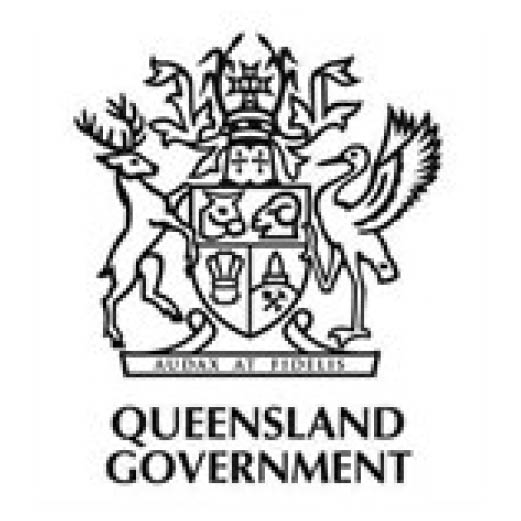Hendra virus the cause of horse death on NSW north coast

Equestrian Queensland does not normally provide releases on Hendra if over the border and the information was not provided by Biosecurity Qld, but since we have so many members that both live and compete just over the border we have circulated this communique.
Hendra virus the cause of horse death on NSW north coast
NSW Department of Primary Industries (DPI) veterinarians today confirmed Hendra virus as the
cause of death of one horse west of Murwillumbah on the NSW north coast.
“The property has been placed in quarantine by the Local Land Services district veterinarian and
the dead horse is being buried,” said NSW Deputy Chief Veterinary Officer Therese Wright.
“The 31-year-old stockhorse gelding died overnight on Thursday this week after being found in a
dam earlier that day and receiving treatment from a private veterinarian for very low body
temperature.”
Ms Wright said samples from the horse were sent for laboratory analysis and results last night
confirmed the Hendra virus.
“Staff from the LLS, DPI and NSW Health are working closely with the property owners,” she said.
“Three people who handled the horse plus the veterinarian and an assistant are being assessed
and monitored by NSW Health.
“The horse had been in a paddock on a rural acreage, in an area which has regular flying fox
activity.
“Samples have been taken from five remaining horses on the property and the horses are under
surveillance.
“Initial investigations indicate no horses have been moved off the property in recent weeks and
there are no dogs or cats on the property,” Ms Wright said.
Ms Wright said this was the first Hendra case in NSW this year.
“Last year Hendra was confirmed in four horses and one dog on four separate properties on the
NSW mid north Coast – two properties near Macksville and two properties near Kempsey,” Ms
Wright said
“Biosecurity Queensland has dealt with a case in Beenleigh earlier this month and in the
Bundaberg area in March.”
NSW DPI has been encouraging horseowners to see their veterinarians and work out their
vaccination strategy against Hendra Virus.
“Winter is the season when horses have been infected with Hendra in NSW in the past
– so now is the time to get a vaccine booster for your horse,” Ms Wright said.
“Vaccination is the single most effective way of reducing the risk of Hendra virus infection in
horses.
Ms Wright said horses should also be kept away from flowering and fruiting trees that are attractive
to bats










